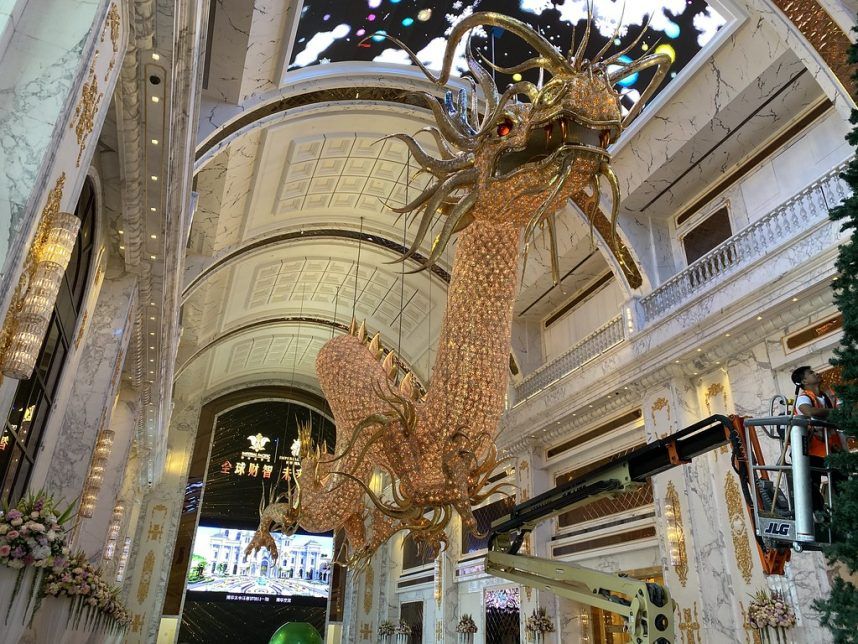The final blow the Commonwealth of Northern Mariana Islands (CNMI) needed to remove Imperial Pacific International (IPI) may have just arrived. The US Court of Appeals for the Ninth Circuit has issued a ruling on the fledgling casino operator in Saipan and the result opens up a lot of possibilities.

IPI promised the CNMI the world with its Imperial Palace casino but fell way short of keeping its promise. It began running into legal and financial troubles that included hundreds of millions of dollars in unpaid bills and visits by the FBI. Accusations of human smuggling, sexual harassment and money laundering permeated the resort.
Then, COVID-19 arrived and caused more problems. The casino has been closed for four years, which IPI said was because of the pandemic. It used that as an excuse in its fight with the CNMI to retain its exclusive gaming license, but that excuse didn’t impress the appeals court judges.
Motion Denied
The CNMI’s casino regulator, the Commonwealth Casino Commission (CCC), wanted to remove IPI’s exclusivity last year. It argued that the company had repeatedly failed to meet its obligations to both the US territory and its business partners.
However, IPI, which has had a propensity to manipulate the system, argued that a force majeure clause of its contract prevented the license revocation. The company sought relief in a CNMI district courtroom and won.
That led to a lengthy process involving court-ordered arbitration, which only recently wrapped up. The results and the mounds of information accumulated over the past several years then made their way to the Court of Appeals.
The court’s judges delivered their ruling yesterday and, simply put, said the CNMI district court was wrong. That court had agreed that IPI’s contract (its casino license agreement, or CLA) allowed it to “assert a force majeure defense,” but the appeals court disagreed.
Specifically, the court judges agreed with previous remarks the CCC had made. The CLA allowed for a force majeure claim for disputes, but the types of disputes were clearly defined.
The Court of Appeals pointed out that a dispute does not cover “issues relating to … proceedings regarding revocation or suspension of this license.” In other words, IPI cannot use a force majeure argument to save its exclusivity.
What Happens Next
Furthermore, the judges’ ruling indicates that the language of the CLA “makes clear that license revocation proceedings are not arbitrable disputes under the agreement.” They disagreed with the district court’s previous ruling and reversed it. In addition, they stated, “IPI’s motions for judicial notice of materials outside the record are DENIED.”
This decision could be the final blow to IPI and its failed experiment in Saipan. From operating a tiny gambling hall that reportedly turned over more than $1 billion in revenue to launching a massive casino resort that it said would forever change Saipan for the better, the company may have finally run its course.
There’s no guarantee that the CCC will immediately seek to revoke the license – it has been operating virtually bankrupt since last year because IPI hasn’t paid its annual fees. However, at least the regulator knows that it has the legal grounds to try to convince lawmakers to back it up if it does.
Some CNMI legislators have already shown support for creating an open gaming market. Dumping IPI would make that happen.
Casino.org has reached out to the CCC for comment.
The post Imperial Pacific International Can Lose Saipan Casino Exclusivity, Says Court appeared first on Casino.org.


